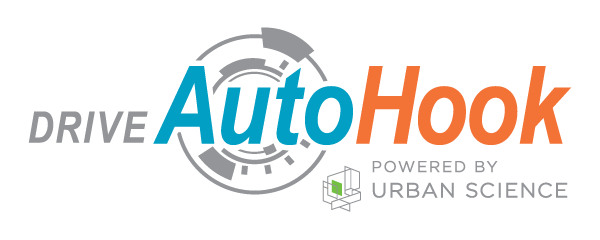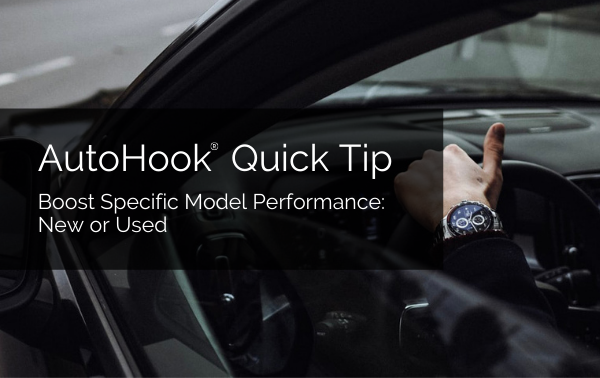by David Metter
Big data has been a big topic in automotive for a long time now. At this point, I think we’ve all realized there is a limitless digital warehouse of actionable data that exists. However, the struggle remains in deciphering how all the pieces fit together and translate into more sales. At the absolute core of the car business, when all the digital minutiae and politics are set aside, being able to prove sales is the only way to know if something is working. Owning the ability to prove sales in near real time is unquestionably big data’s most powerful accomplishment as far as the car business is concerned.
Perhaps the focus has simply been in the wrong place, or maybe it’s the fact that the focus has been in too many places. Dealers have been forced to adapt, master new technologies, implement new ways to operate and sell more cars all while being pushed in a million directions, attempting to distinguish between gratuitous opinions and actual science. It’s easy for dealers to lose sight of the end game when they’re stuck trying to figure out how the pieces fit together and how to create the story needed to turn data into action. This is why a lot of people view big data as nothing but a big problem.
I’m going to make this whole big data problem very small. The only data you need to start with, the only data that allows you to take immediate action is sales and service data, nothing else - and this is the reason:
We know that when customers physically walk into a showroom, closing rates jump to roughly 60-65%. Therefore, leads are important, but there’s no argument that showroom visits are more important than leads, and sales are more important than showroom visits. That’s the trajectory. If you’re using big data for anything other than proving sales or service revenue, you’re wasting your time. Sales have always been, and will always be the single most important dealership metric.
You also have to look at the history and trends of your past sales and the sales of your fiercest competitors. Too often, some of the most influential players in this industry forget that no two dealers are the same and no two markets are the same. Therefore, the data you need to own more of your market share may be much different from other stores, including each rooftop within a large or small dealer group.
In a lot of ways, big data is like a hammer. We can all go to Home Depot and buy the same hammer, but what we use it for, and what we ultimately build with that hammer is contingent upon its user. Choose to use your hammer better and smarter than the competition. Know that in order to do so, you also have to know how your rivals are using their hammer – in other words, the sales and defection trends of competing dealers in your market. It’s impossible to cut your losses if you don’t know they exist. You need to view both your opportunities and losses from a 360-degree, closed-loop vantage point. Big data exists not only to show you what you sold, but just as importantly, what you didn’t sell.
To put things into perspective, know that the power of big data transcends far beyond the car business. On a global scale, true improvement and change can only occur if a problem or a need for change is identified. Over the last decade, big data has proven its ability to influence the world’s greatest issues, including social change, government policy, and industry laws and regulations simply by its ability to demonstrate a need. When a need is identified, it then opens up the door for change.
In the TEDx Talk, “Stories are Just Data with a Soul, Chris Coates paints a very clear picture that data exposes needs by telling stories. “These stories can help people leaving prison to find work and stay out of prison and build new lives. They can save someone’s eyesight or their leg. Data can give children in the most deprived parts of the country chances in life they wouldn’t otherwise get.” What Coates is saying is that data alone has the capacity to change a life. If big data can change lives, it can absolutely change the effectiveness of your sales operations.











